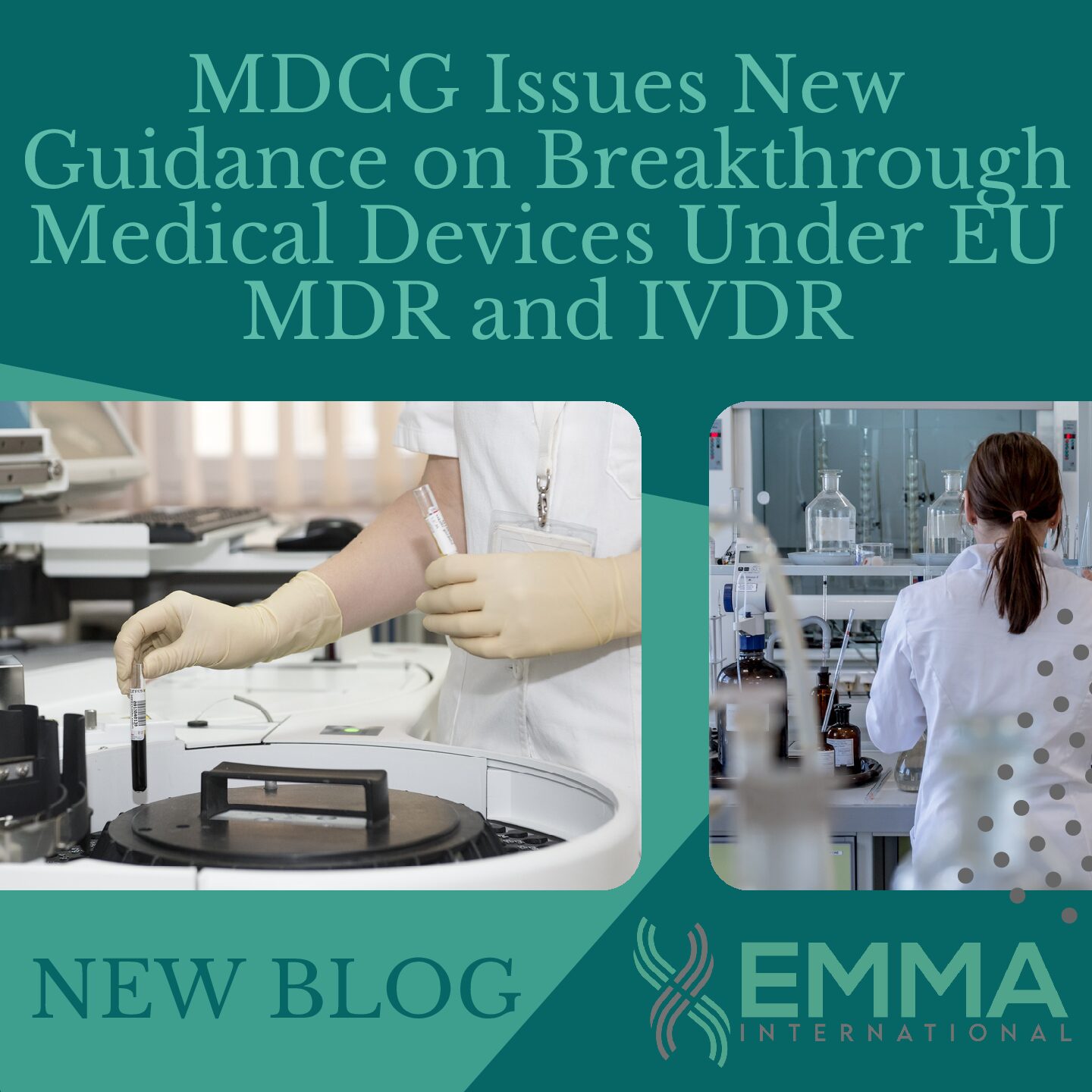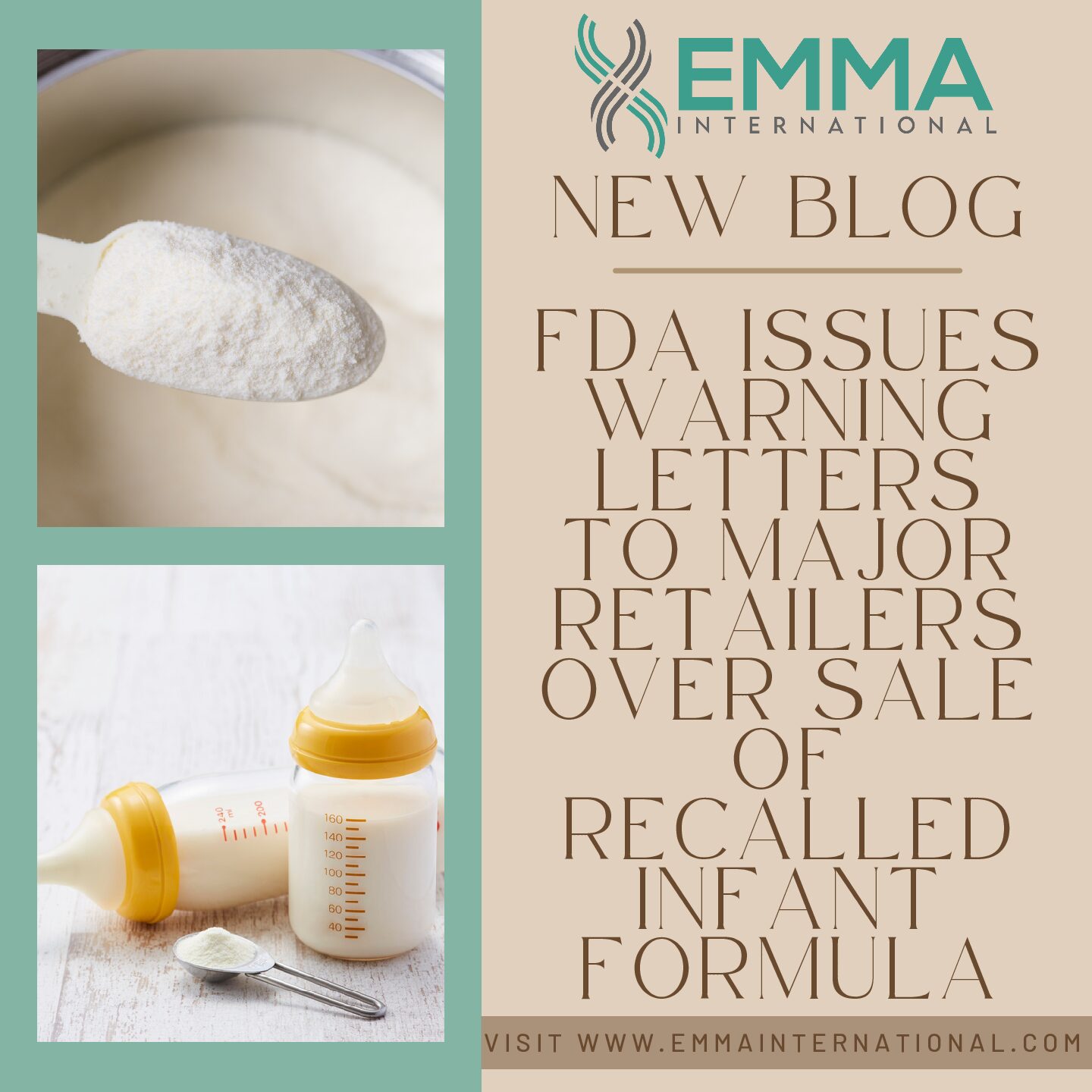Studies are indicating the increasing use of electronic nicotine delivery systems (‘ENDS’) products, particularly amongst current smokers,[i] warranting an evaluation over the need for these products and if they have the potential to do less harm, if not no harm. Some in the public health community have advocated for the harm reduction approach emphasizing on the use of ENDS as an alternative combustible to tobacco products that may contain more harmful or potentially harmful constituents.[ii] Regulating and controlling tobacco use in the era of e-cigarettes has therefore not been an easy task.
In the USA, the manufacturing, marketing, distribution, and sale of tobacco products is regulated by FDA. The Federal Food, Drug, and Cosmetic Act (FDCA)[iii] which was amended via the Family Smoking Prevention and Tobacco Control Act of 2009,[iv] introduced Chapter 9 to FDCA. This chapter gave FDA the authority to regulate all tobacco products including cigarettes, cigarette tobacco, roll your-own tobacco, smokeless tobacco or any other form of tobacco which meets the established definition. Pursuant to this provision, FDA in 2016 promulgated regulations (known as “the deeming rule”), [v] to extend its authority over all tobacco products including ENDS. Now, FDA regulates the manufacture, import, packaging, labeling, advertising, promotion, sale, and distribution of ENDS, including components and parts of ENDS but excluding accessories.[vi] Hence, by virtue of Section 910 of the FDCA, tobacco products, including modified risk tobacco products are regulated by FDA.
When it comes to the wide umbrella of ENDS, the FDA gave an open-ended classification of the products that should be classified as ENDS, including but not limited to “vapes, vaporizers, vape pens, hookah pens, electronic cigarettes (e-cigarettes or e-cigs), e-cigars, and e-pipes.”[vii] ENDS thus are products using an “e-liquid,” which contains nicotine derived from tobacco or other such ingredients, which then creates an aerosol upon heating which the users inhale.[viii] Apart from being manufactured in the conventional style (combusted cigarettes, cigars, pipes etc.) some of these products are also uniquely shaped as flash drives or pens. While some of these uniquely designed products have been authorized for use by the FDA, others have been expressly denied. One of the most recent examples for such denials is that of JUUL products, where FDA revoked its marketing authorization.[ix] The decision was made due to “insufficiency of evidence to assess the potential toxicological risks of using the JUUL products.”[x] In case of tobacco products, while the FDA is tasked with ensuring that the product in question meets the standard set by law, it is the company’s responsibility to demonstrate that the product is meeting the standards.[xi] In case of JUUL products, the company omitted to abide by this obligation leaving the authority with many unanswered questions which subsequently led to marketing denials.
Another key point of observation is that in case of ENDS or other tobacco products, FDA does not “approve” them, rather they are “authorized” for marketing. This is because of the inherent harmful nature of these products. Being conscious of the devastating impacts of tobacco use, FDA has been taking deliberate steps towards regulating its consumption in the interest of public health, example: by announcing the “Proposed rule to reduce addictiveness of cigarettes and other combustible products.” The proposal seeks to establish an upper limit for nicotine in cigarettes, with the aim of reducing tobacco addictiveness, thereby curbing youth use, addiction, and death. Another one of FDA’s decisions in this direction relates to prohibition of all characterizing flavors in cigars and menthol as a characterizing flavor in cigarettes. The FDA is currently accepting public’s comments on these proposed rules through August 02, 2022.
There are therefore two critical key points in the regulation of ENDS. Firstly, authorizing the use of ENDS does not mean that the FDA approves of the same. The decision has been made based on the prospective benefits it may have, overpowering the risks involved. The decision does not in any manner entail omission in terms of FDA’s obligations. Secondly, while the FDA inspects compliance with the regulatory standards, it is the company’s responsibility to demonstrate that the product is meeting the standards. At EMMA International, we aid companies working towards research and development of drugs, medical devices, and biologics, to meet such compliance requirements. If you need assistance working through the regulatory requirements and approvals, contact EMMA International at 248-987-4497 or email info@emmainternational.com today!
Disclaimer: Products marketed for therapeutic purposes are regulated by the FDA’S Center for Drug evaluation and Research (CDER). Further clarifications on whether a product is tobacco is a drug or a device or a combination, can be inspected here.
[i] Meghea, CI. (November 24, 2020). Electronic Nicotine Delivery Systems Use and Cigarette Smoking Frequency and Intensity Among Young Adult Smokers. JAMA Network Open. https://jamanetwork.com/journals/jamanetworkopen/fullarticle/2773392.
[ii] Congressional Research Service (September 30, 2021). Regulation of Electronic Nicotine Delivery Systems (ENDS): Background and Select Policy Issues in the 117th Congress. https://sgp.fas.org/crs/misc/R46928.pdf.
[iii] 21 U.S.C. 9 – Federal Food, Drug, and Cosmetic Act.
[iv] H.R. 1256 (111th): Family Smoking Prevention and Tobacco Control Act.
[v] U.S. Food and Drug Administration (September 10, 2019). How FDA is regulating E-Cigarettes. https://www.fda.gov/news-events/fda-voices/how-fda-regulating-e-cigarettes#:~:text=On%20the%20deeming%20effective%20date,to%20purchase%20a%20tobacco%20product.
[vi] U.S. Food and Drug Administration (June 29, 2022). E-Cigarettes, Vapes, and other Electronic Nicotine Delivery Systems (ENDS). https://www.fda.gov/tobacco-products/products-ingredients-components/e-cigarettes-vapes-and-other-electronic-nicotine-delivery-systems-ends.
[vii] Id.
[viii] Id.
[ix] U.S. Food and Drug Administration, FDA News Release (June 23, 2022). FDA Denies Authorization to Market JUUL Products (‘JUUL products’). https://www.fda.gov/news-events/press-announcements/fda-denies-authorization-market-juul-products.
[x] Id.
[xi] Id.




